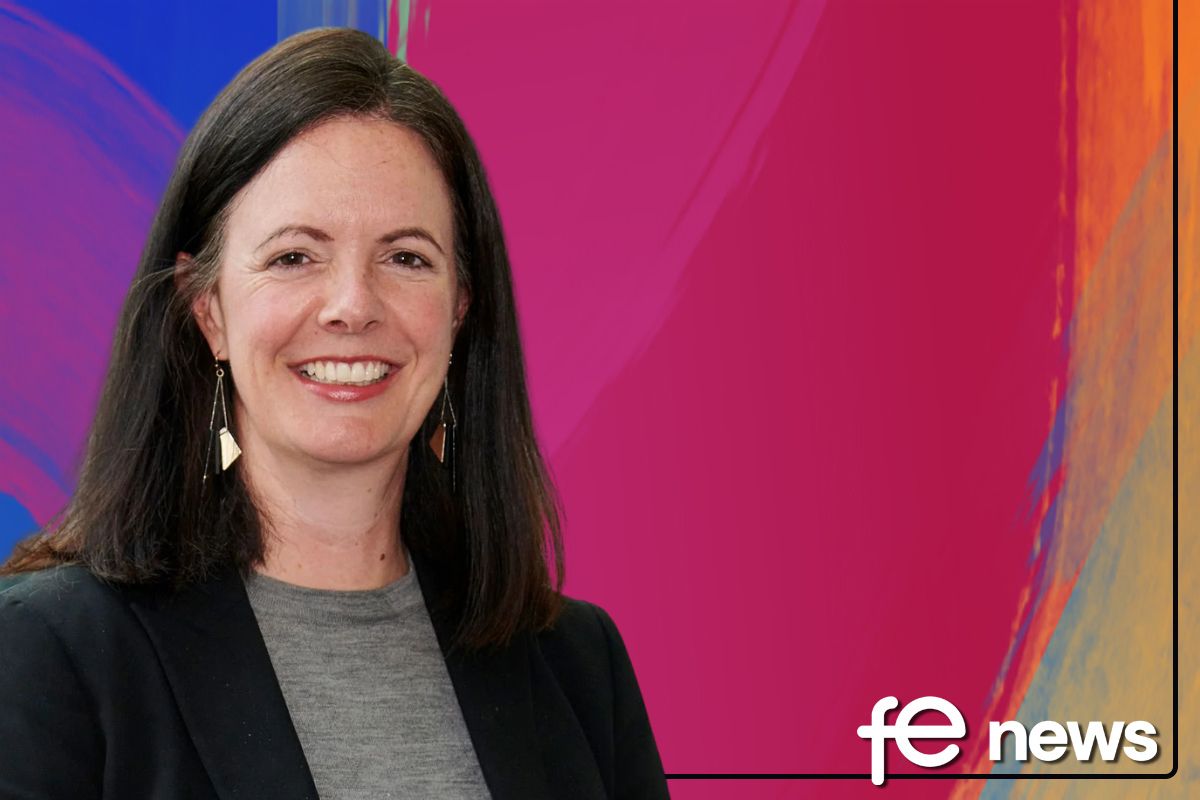Are we really making the grade?
Stuart Wesselby, principal of Tresham College of Further and Higher Education, discusses the need to focus tutor performance assessments on sharing best practice and continuous improvement rather than grades.
Like any profession, the job of tutor requires a combination of natural talent, acquired knowledge, experience and hard work. Unlike many other professionals, however, tutors are constantly assessed to find out whether their performance matches up to expectations against a tick list of criteria.
What this means for tutors is often a very stressful process of assessment that provides a two dimensional view of what they’re achieving week in, week out. And, for the profession, it means that opportunities to share best practice, benefit from experience (good and bad) and adopt innovative ideas and processes are being lost.
It’s a situation that significantly affects morale in the FE sector and one which is detrimental to both teaching professionals and the continuous improvement of teaching standards. That’s why Tresham College has made some fundamental changes aimed not only at making the assessment process more positive for tutors but also focused on raising the bar for students.
Positive improvements
Like all FE Colleges, Tresham has an established system of observing and recording lessons through a cross-college observation team as part of our internal quality management processes. We’ve been delighted with the percentage of ‘better’ and ‘improved’ results that this system has delivered over the past five years but there is always room for improvement.
When I arrived at Tresham two years ago I wanted to build a culture of openness and transparency into the process to ensure that we leverage maximum value from the experience of the team, learn from mistakes and make the most of opportunities for enhancement across all departments.
To do that, we needed to take the focus off the grade. The problem with any system that centres around a grade is that the accompanying messages get lost in either celebration or disappointment.
Those messages are important because, even with an excellent grade, there is usually still scope for improvement and, even with a less positive outcome, there are generally areas of success as well as points for development.
Instead, we’re focusing on quality; meaningful feedback that can really help a tutor to improve. Our ‘no grade’ system is a much more holistic appraisal model that is designed to help our tutors feel supported to make improvements, valued for their hard work and rewarded for their success as part of a forward-focused culture.
Of course, we’re not operating in a vacuum – and we wouldn’t want to. An integral part of the process is bringing in external observers once a year to validate our internal appraisal results. However, even this more formal assessment is seen as a positive by the teaching staff as it brings an independent and objective third party into the process with no axe to grind and no agenda linked to previous performance grades.
Ofsted stress
The change of approach has generated positive changes in terms of both teaching standards and morale here at Tresham but, like every other FE college in the country, we still have to run the gauntlet of Ofsted inspections, which are perpetuating the grade-led culture and competitive comparisons between colleges.
While there has to be some kind of benchmark of best practice and measurement of success, the real problem with Ofsted inspections is not the effects on stress levels and morale but the impossibility of assessing a tutor’s actual ability based on a 40 minute observation of their performance in a single lesson. For some tutors the results may be artificially disappointing, for others, more worryingly, they may give a false indication of skill levels.
If we are really to deliver improvement in education and drive innovation in teaching in the FE sector, performance measurement must be based on a holistic approach to tutor assessment and a culture of improvement rather than blame.
Tresham College’s balanced scorecard approach takes account of a variety of factors, including learner feedback, course outcomes, value added, attitude, behaviour and distance travelled, weighting each element as part of a holistic approach.
There is much more to a tutor’s performance than a single digit grade, as there is to a college than the sum of those grades. In a sector that is defined by its mission of maximising the potential of every individual it serves, we need to turn that culture on ourselves and recognise value as part of performance goals.
Stuart Wesselby is principal of Tresham College of Further and Higher Education











Responses